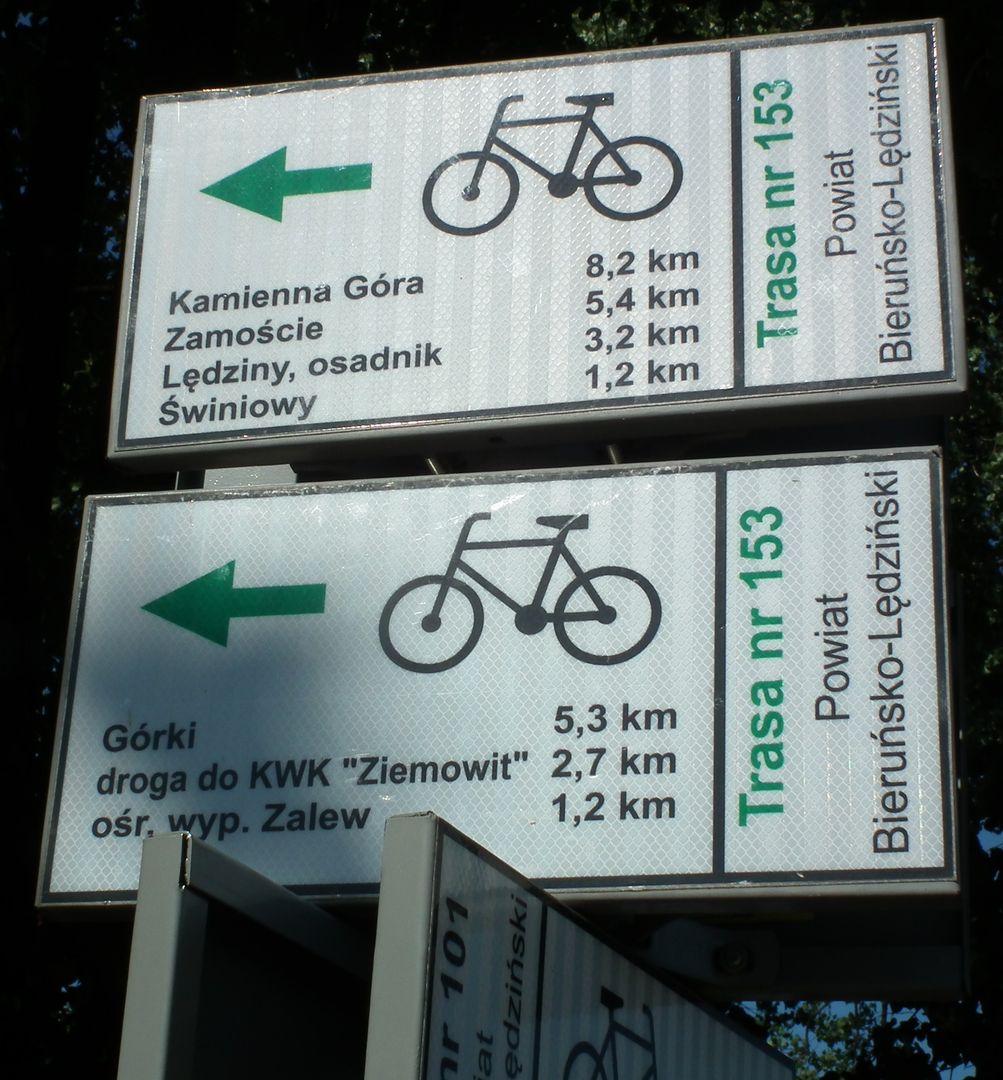Lędziny
6.96

Overview
Lędziny is a town in southern Poland, located in the Silesian Voivodeship, within the historical region of Upper Silesia. Its history dates back to prehistoric times, as confirmed by archaeological finds from the Bronze Age. First mentioned in documents from the 12th century, Lędziny has witnessed many significant historical events, including the Silesian Uprisings and World War II, during which a subcamp of the Auschwitz concentration camp operated in the area. In the 18th century, the town became part of the Prussian state.
Modern-day Lędziny is primarily known for its mining industry, especially the KWK Ziemowit coal mine, and its development has been closely tied to the growth of industry in the region. Architecturally, the town features several historic landmarks, such as the 18th-century Church of St. Clement, the 1788 parsonage building, and the funeral chapel at the Evangelical cemetery.
Lędziny hosts various cultural events, including the annual "Dni Lędzin" (Lędziny Days), as well as concerts and activities for children. The town offers a well-developed educational infrastructure, with kindergartens, primary schools, and the Powiatowy Zespół Szkół (County School Complex). Religious life is also vibrant, with numerous Catholic and Evangelical parishes.
For sports enthusiasts, Lędziny provides facilities such as the "Centrum" Sports and Recreation Center and the municipal stadium. Local sports clubs include MKS Lędziny and the Uczniowski Klub Sportowy "Orka." Despite its small size, the town boasts a number of honorary citizens, including former mining directors and local leaders. Regular community events help strengthen local ties and attract tourists, making Lędziny an interesting place both to live in and visit.
Location
2026 Wizytor | All Rights Reserved